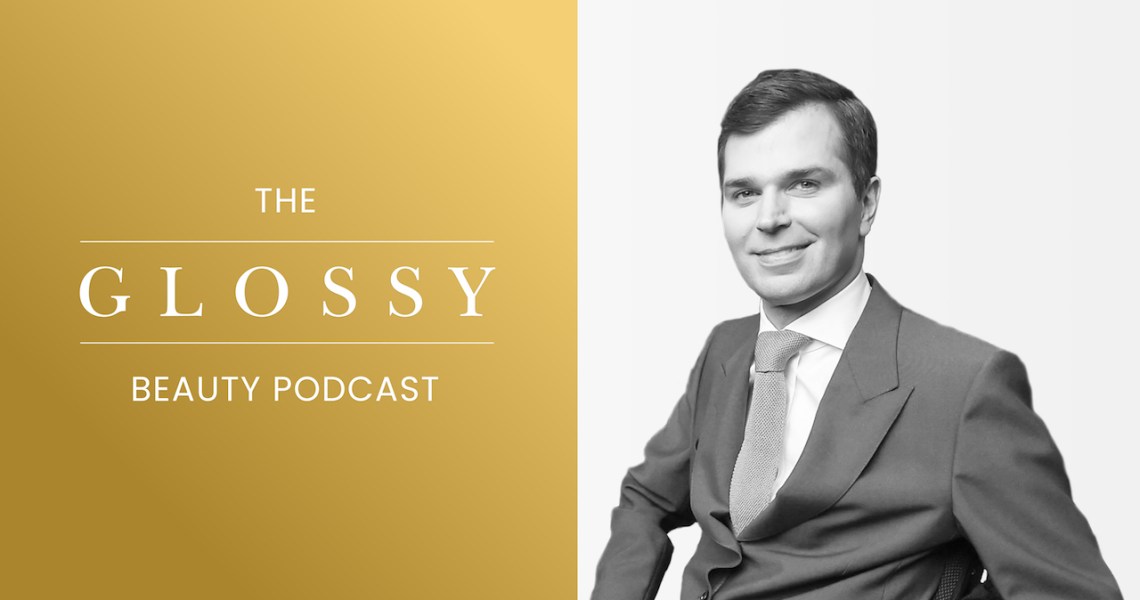Subscribe: iTunes | Google Play | Stitcher | RSS | Anchor
When Francesco Clark started experimenting with skin-care formulas, it was to help himself. At 24, a diving accident left him paralyzed from the neck down.
That might sound like the beginning of Clark’s Botanicals, the skin-care company he founded, but it took a nudge from his former boss, Harper’s Bazaar editor-in-chief Glenda Bailey. She applied the contents of a glass vial that Clark’s sister, Charlotte, had spirited away from the founder’s home laboratory at a visit a decade ago.
“I got home and I was incredibly embarrassed because I was kind of like, ‘Charlotte, this is not a brand.'”
Bailey called a few weeks later to insist that she feature the product in Harper’s Bazaar’s September issue. The ball was in Clark’s court to package his homemade product (“‘make it look chic,'”) into something marketable. Clark’s Botanicals launched in stores that same year.
Though the brand has been on roller-coaster ride the last four years — Clark bought back his company last year after relying on private equity funding in 2016 — he is feeling bullish about the future.
“You have to remove yourself from it, you have to look at the business holistically and how committed your customers will be to the brand after it is acquired,” Clark said. “If the investment means the brand is growing in the right ways, then you should do it.”
Ad position: web_incontent_pos1
Here are a few highlights from the conversation that have been lightly edited for clarity.
It’s not business as usual
“You can never idle on a business model. You can never assume that just because something worked before it’s going to work now, which is why all these new emerging brands are chipping away at the big-three beauty conglomerates. There is no sacred cow anymore in beauty, and in fashion, when you think about fast fashion. You think about sustainable efforts, innovation in formulas, transparencies, influencer marketing — in order to be an influencer, you’re probably not a supermodel. The new paradigm in the beauty industry is being an empowered customer … having a voice and saying something, which is the opposite of what it was before, that photoshopped image of overly perfected everything.”
The importance of a DTC strategy
“Whatever brand you were reading, it was the Wikipedia version of it. Today, it is your store. So how do you want your store to look? It is where every buyer and every editor will look before they even have a meeting with you. If your website is not a true, honest, accurate representation of your brand with energy, what’s the point? If you can’t do that, why would anyone buy it? The reality is that everything is direct-to-consumer now. So even if you’re not at DTC brand, you still have to play in that realm.”
What it means to accept private equity
“I’m a realist, so I knew exactly what I was getting into when I signed that deal. When you are a founder and you’re selling, you’re selling. You have no control. They can say whatever they want to you, and you have to know that going into it. These people are going to pretend to be your best friends, but when you sign that deal, they can fire you or kick you out in the blink of an eye. You have to know that before you sign. I did; I knew what to expect. I would do it again in a heartbeat. It just has to be the right people, the right relationships, understanding the way they want to grow the brand. It’s not about me. You have to remove yourself from it, you have to look at the business holistically and how committed your customers will be to the brand after it is acquired. If the investment means the brand is growing in the right ways, then you should do it.”




